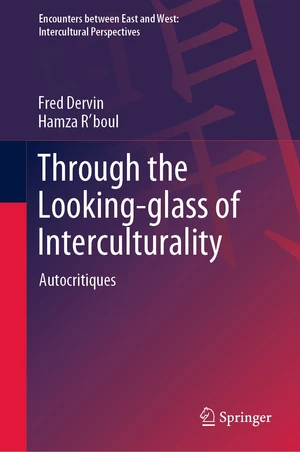This book starts from the premise that honest and constructive dialogue between scholars and educators of interculturality, especially from different geopolitical spheres, is needed more than ever. The book is about the important and yet contested notion of interculturalityâa notion used in different fields of research. It was co-written by two scholars who have never met before and who got to know each other intellectually and personally in the process of writing this book, using interculturality as a looking-glass. (Re-)negotiating meanings, ideologies and their own identities in writing the chapters together, the authors enter into multifaceted dialogues and intercommunicate, sharing while accepting disagreements. The co-authorsâ different profiles in terms of geography, generation, status, preferred paradigms and multilingual identity (amongst others) are put forward, confronted, and mirrored in the different chapters, leading to the joint negotiation of aspirations concerning interculturality in communication and education. While describing their current takes on interculturality they also conduct autocritiques of their past and present engagement with the notion. The following questions are also addressed: Who is talking the most about interculturality in the world today? Whose voices are not heard? How to disrupt current hegemonies around the notion for real? And how to promote epistemological plurality in the discourses and narratives shaping our understandings of the notion? Autocritiquing is proposed as a way of unthinking and rethinking interculturality ad infinitum. This book argues that engaging with the notion requires constant self-reflection, examining oneâs positionality and intersectionality, listening to the voices that one projects onto the world of, e.g., research and education, and operating transformations in oneâs thinking, trying out new paradigms, ideologies and methods.
Price history
Nov 5, 2022
€125.25

